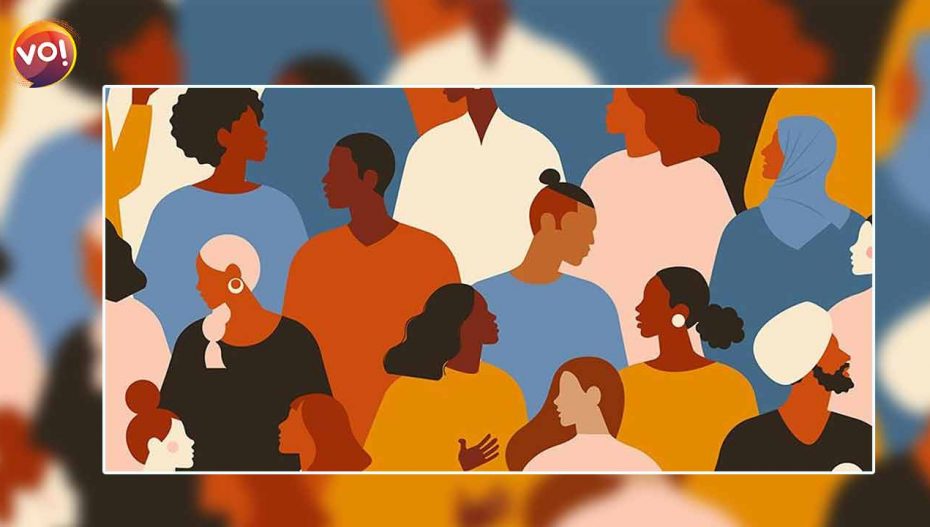There’s nothing better than a good conversation to light the creative spark. Films are made, businesses strategies are formulated, books are written and scientific innovations occur as a consequence of a single great conversation. Nitin Nohria, former dean of Harvard Business School, once told me in the course of an interview that some of his best ideas came from conversations he had with fellow management guru, the late Sumantra Ghoshal of London Business School.
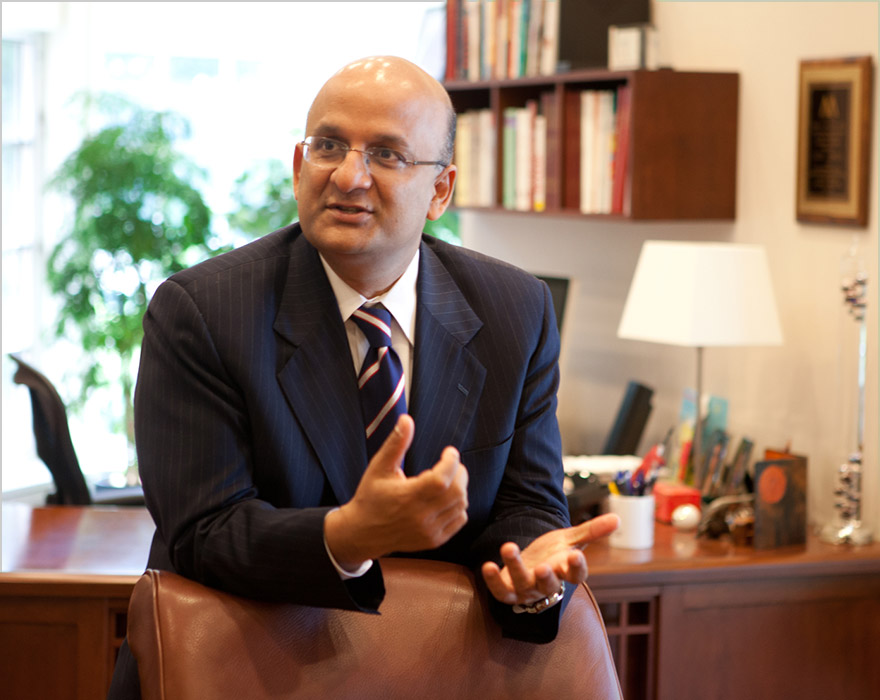
Poet and scriptwriter Prasoon Joshi, who is also the CEO of advertising Agency McCann, told me that that talking with friends like Amir Khan, Javed Akhtar and AR Rahman has often clarified his thoughts and set the creative juices flowing. “Good conversations need good conversationalists. They leave you relaxed and rejuvenated and can be quite addictive,” he said, adding, “You Bengalis have mastered the art in the form of the adda.”
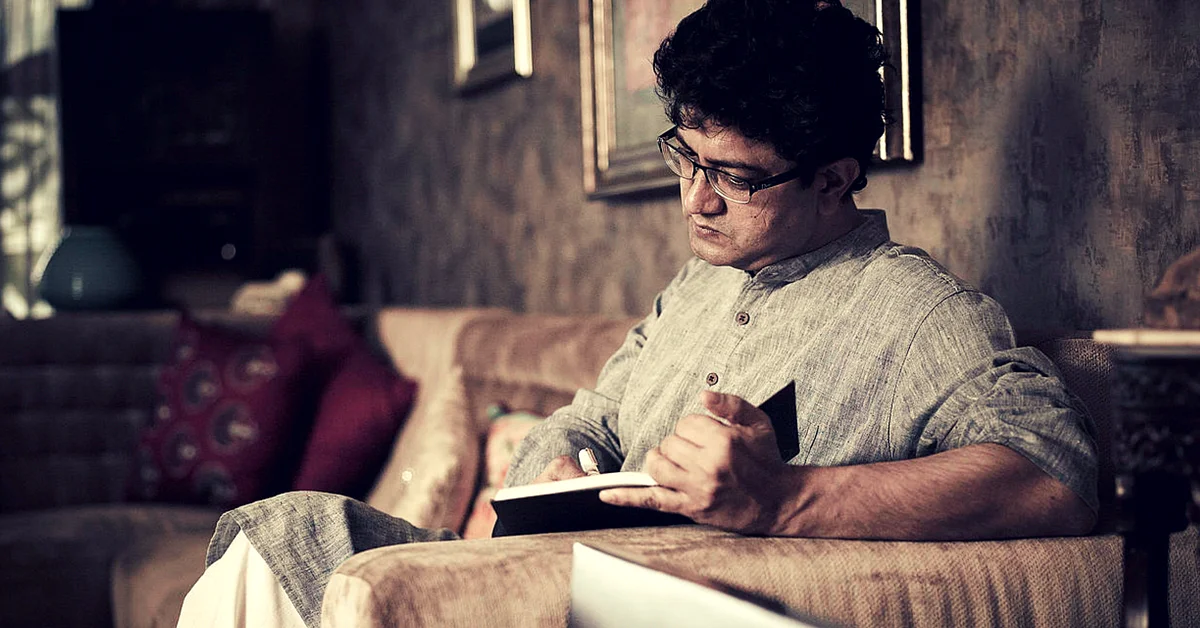
What triggers a great conversation? Sometimes it could be a provocative question like “Is the country headed towards civil war?” or “Should same-sex marriage be legalised?” Anything goes. Great conversations are seldom linear. They don’t always progress logically to a definitive conclusion. They take time to digress and meander all over the place, to movies you’ve seen, people you’ve known, books you’ve read. A conversation with a well read, knowledgeable person can be magic.
With opinions so sharply polarised on political lines these days, however, conversations often degenerate into debates and heated arguments. Former Planning Commission member Arun Maira, who has authored the book “Listening for Well Being: Conversations with People Not Like Us,” says a good conversation balances enquiry and advocacy. “At their best, conversations provide participants with new insights, aligning them around the highest common factor. At their worst, when nobody’s listening and everyone is pushing their own point of view, they reach a consensus that is at the level of the lowest common denominator.”
Conversing with diverse people of different nationalities, generations and fields of work can certainly change your world view, if you let it. The average Indian is a fairly curious person and enjoys talking to strangers, as anyone who has travelled the country’s interiors would know. A high-impact conversation can eventually lead to action that you might never have contemplated before, especially if it is with someone you hold in high esteem. Says Maira: “For it to work, we have to be open to new ideas that challenge our beliefs. People usually prefer to talk about what they already understand and are familiar with, so the conversation ends up being superficial.”
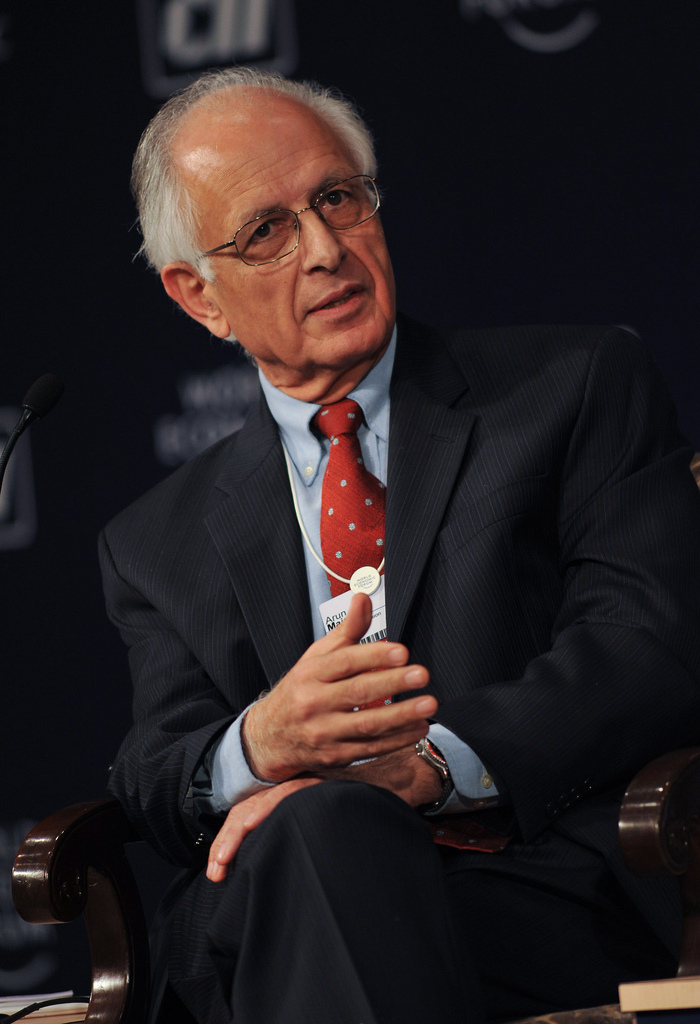
The best conversationalists are actually good listeners who take the time to absorb and understand what the other person is saying before responding. But the “group discussion” culture that has emerged from b-school admissions and corporate recruitment, often ends up encouraging aggression and participation for its own sake. The mentality may carry over to the early stages of an individual’s career, but as they progress, he or she usually learns that it is not the best way to succeed.
Harsh Goenka, chairman of the RPG Group, believes Indians are good listeners by nature. “We are brought up to listen and not talk back to our parents and teachers. I remained a listener even after I started my career since I was inducted into the business and learnt from older colleagues. Even today, I listen more than I talk,” he says.
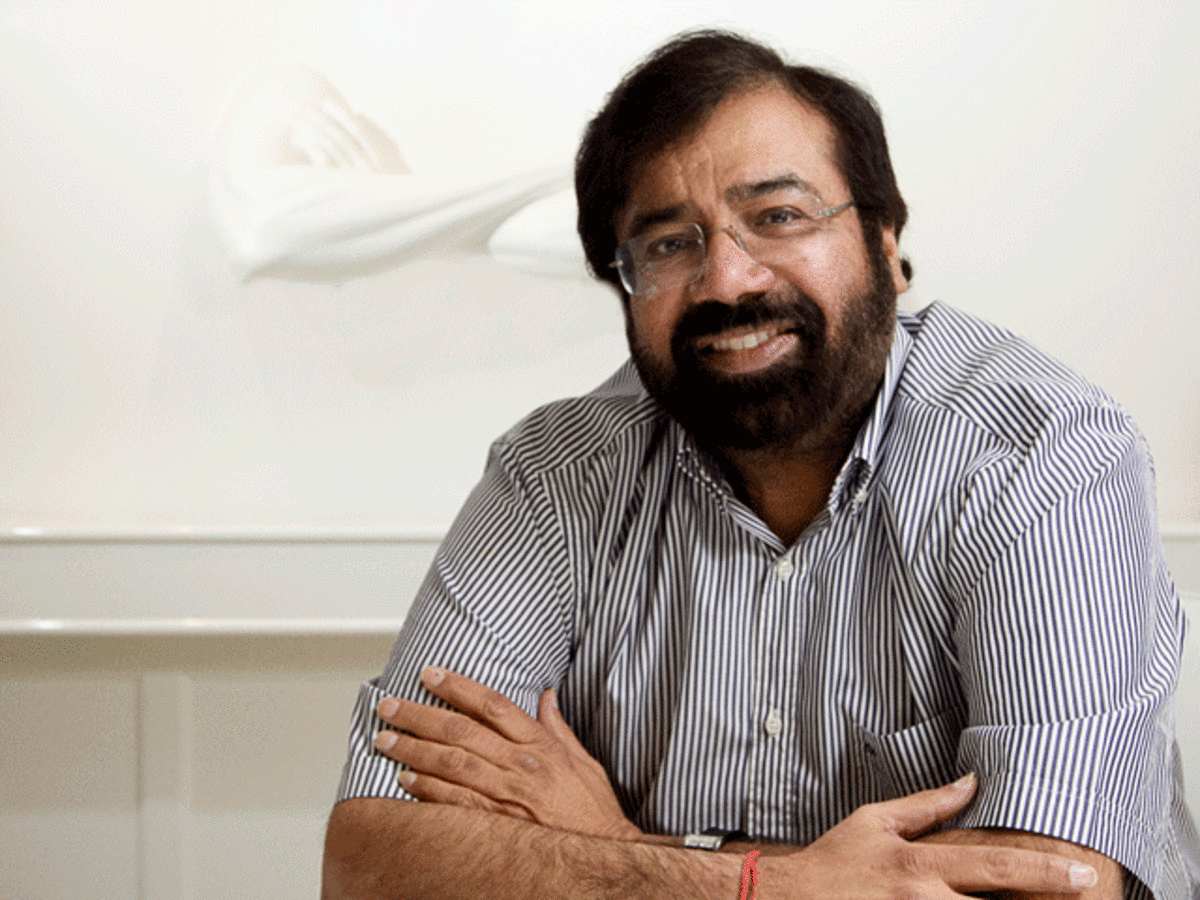
Corporates encourage internal conversations by setting up elegant lunch rooms for their executives, where they might relax and talk freely. While these serve as great places for exchanges of information, they don’t always make for in-depth conversations. Then there are the once-popular conference room “brain storming sessions” which have fallen out of favour since people realized they don’t really generate the creative ideas they’re meant to.
Formality actually kills conversations. When you announce a meeting in the conference room to discuss ideas, the ideas actually dry up. The best conversations occur in free spaces, in hallways and lunch rooms, with people joining in, dropping out, thinking about it and returning to take up the threads later. “Good conversations need time to fructify. They are not something to be concluded in a hurry, within a deadline,” says Prasoon Joshi.
In the end, conversations are about relationships. Crucial relationships, between spouses, parents and children, colleagues, bosses and subordinates, break down when people stop talking. WhatsApp messages and social media posts are a great was to stay in touch, but they are no substitute for a real conversation.



